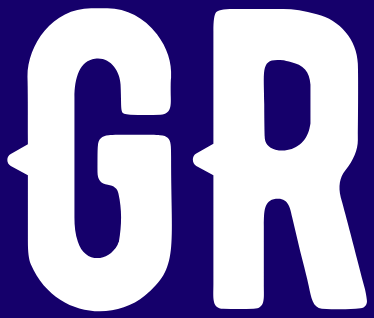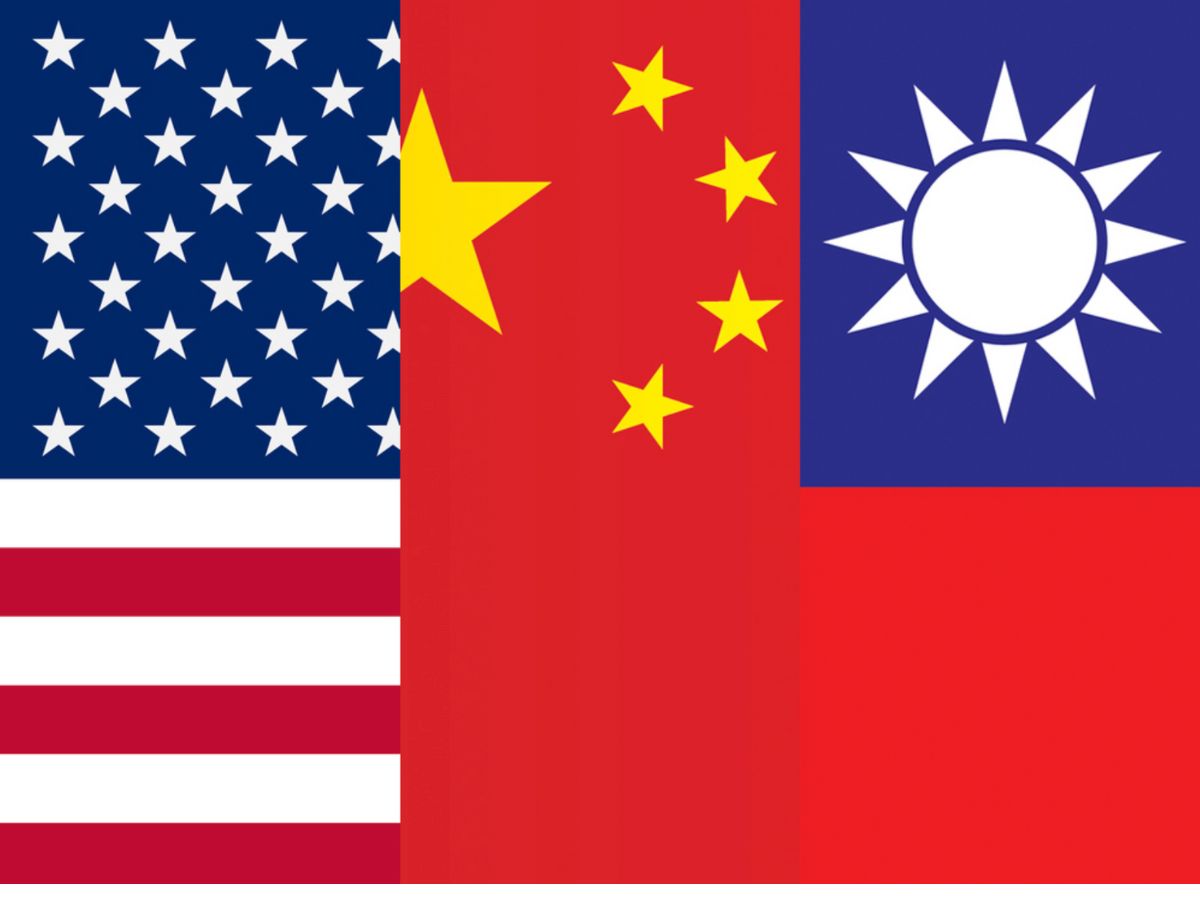After a week of tension with the Chinese claimed island of Taiwan, which sparked international concerns, Chinese President- Xi Jinping said that the ‘peaceful reunification’ of Taiwan with the mainland should be completed, though did not directly mention the use of force. On October10, 2021; to mark the anniversary of the 1911 revolution that toppled the last Chinese royal family, Chinese President Xi Jinping promised to realise peaceful reunification with Taiwan. At the same time he warned that China has a ‘glorious tradition’ in opposing separatism.
Recently, a record number of Chinese fighter jets have been patrolling the air space around Taiwan.China has, for a long time, promised to regain control of Taiwan and the tension over the fighter jets has led many to think China’s leaders would take a more aggressive approach toward Taiwan. Earlier this week, the Biden administration commented on China’s military tactics saying US commitments to Taiwan are “rock solid.” But why are the tensions between China and Taiwan increasing? For that we need to move back in the past
What is the history of this conflict?
Goin back in the past, the first known settlers in Taiwan were Austronesian tribal people who are believed to belong to present day Southern China. The island first appeared in Chinese records in AD239 when an emperor sent an expeditionary force to explore the sea. After a brief Dutch spell (1624-1661), Taiwan was administered by China’s Qing Dynasty from 1683 to 1895. From the 17th century, a huge number of migrants started arriving in Taiwan- fleeing away from turmoil and hardship. In 1895, Japan won the first Sino- Japanese war and the Qing government had to give up on Taiwan for Japan. After World War II, Japan surrendered and let go of the controlled territory it had taken from China. The Republic of China- one of the victors of the war, started ruling over Taiwan along with the help of its allies i.e. the US and UK.
But in the next few years a civil war broke out in China and the then Chinese leader Chiang Kai – shek’s troops were beaten down by Mao Zedong’s communist armies. Chiang along with his supporters fled away to Taiwan in 1949. This group called the Mainland Chinese, then made up a population of 1.5 million people, dominated Taiwan’s politics for years, even though they only account for 14% of the population.
Chiang’s son Chiang Ching- kuo , inherited an effective dictatorship and faced resistance from local people who opposed the authoritarian rule. Due to this and the added pressure, Ching- kuo began with the process of democratisation. Taiwan’s father of democracy- President Lee Teng- hui, led constitutional changes towards a more democratic political rule which eventually led to the election of the island’s first non – Kuomintang( Chiang government) president, Chen Shui- Bian in 2000.
One country, Two systems
During the 1980s, the relationship between China and Taiwan started to smoothen out. China put forward a formula of “one country, two systems”, under which Taiwan would be given significant autonomy, if only it supported and accepted the Chinese reunification. This system was established in Hong Kong which was supposed to be a showcase to bring Taiwanese people back to the mainland but Taiwan rejected this offer. Although it did put relaxations on visits and investments in China.
What about recent hostility?
In 1991, Taiwan proclaimed a war on the People’s Republic of China, for the mainland to get over. There were limited talks between their representatives and China insisted on the illegitimacy of the Taiwanese government, thus implying that government-to – government talks cannot be held. In 2000, when Mr. Chen was elected, he openly backed ‘independence’ and China was alerted to this. In 2004, China passed an anti secession law, that granted them the right to use “non peaceful” means against Taiwan, if it tried to “secede” from China. In 2016, Taiwan’s current president- Tsai- Ing wen paved their way for the eventual official independence.
After Donal Trump was elected in 2016, the US government pledged to supply Taiwan with defensive weapons and stressed that any attack on Taiwan would cause a ‘grave concern’. In 2020, Hong Kong was hit with severe distress among people who protested against the rising influence of the mainland. This was a development that many in Taiwan were closely watching . The US is continuously reassuring Taiwan of its support. In September 2020, the US sent the highest level state department official to visit the mainland after decades. Beijing strongly criticised this and warned the US not to give any wrong signals to Taiwan that might severe the US- China relations. This year, under the Biden government, Taiwan reported a large incursion by Chinese warplanes over two days. In response US admiral John Aquilino warned that a Chinese invasion of Taiwan is “more close to us than what most think.
What does China demand now and how is Taiwan protecting its people ?
Speaking at the Beijing’s Great Hall of the People, Xi said “Taiwan independence separatism is the biggest obstacle in achieving their reunification of their motherland and the most serious hidden danger to national rejuvenation.” His comments came as tensions between China and Taiwan are at the highest in 40 years. Recently, a record number of Chinese fighter jets have been patrolling the air space of Taiwan. The reunification will meet the overall interest of the Taiwanese people, but China will protect its sovereignty and unity. He added that “no one should underestimate the Chinese people’s staunch determination, firm will and strong ability to defend national sovereignty and territorial integrity.”
However the speech was poorly received in Taiwan. The presidential office stated that they are a sovereign, independent nation, not part of the People’s Republic of China. They clearly rejected China’s offer for reunification and the ‘one country, two systems’ model to rule the island. The officer said that the nation’s future lies in the hands of the people of Taiwan. In a separate statement, Taiwan’s China policy-making Mainland Affairs Council called on Beijing to “abandon its provocative steps of intrusion, harassment and destruction.”
What is the stand of the US?
The Biden administration commented on China’s military tactics saying that the US commitments are “rock solid”. White House Press Secretary- Jen Psaki said “we remain concerned by the People’s Republic of China’s provocative military activities near Taiwan, which is destabilising , risks miscalculations and undermines regional peace and stability.”
Meanwhile Taiwan People’s Party Legislator – Jang Chyi- lu asked the government of Taiwan to create a “mechanism” to talk with Beijing. He said that other than raising the military, President Tsai- Ing wen should pursue other options for conducting realistic negotiations with Beijing that would lower risks for both sides. He said “ Taiwan needs some way to deal and coexist with China- our bad neighbour, since we cannot relocate to another place.”


Comments are closed.